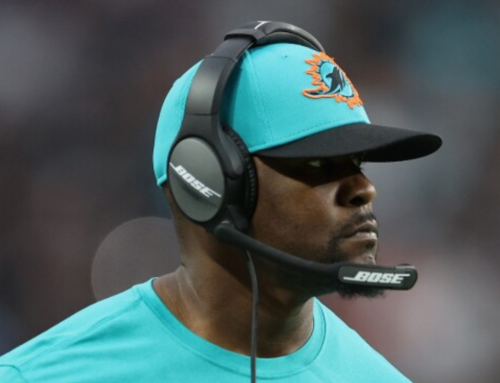Click here to watch the webinar!
A BIHC Leading While Black panel discussed the evolving role of Black attorneys and board members in driving change
Before the murder of George Floyd, Teri McClure says, she was very conscious of not wanting to be seen as “the Black director,” and was “very cautious” about raising race issues unless someone else was joining in or there was a direct risk to the organization. But that’s changed. McClure, who made these remarks to a group of 211 primarily Black in-house counsel attending a BIHC Leading While Black webinar on March 10, says that while she regrets “not having spoken up more in the past,” Black directors like herself now “have no choice but to speak up. When you are a leader in this role, you have a great opportunity to effectuate change.”
McClure, who retired as general counsel of UPS and now serves on four corporate boards, joined Desiree Ralls Morrison, general counsel at Boston Scientific, and Don Remy, COO and CLO at NCAA, to discuss “Unique Challenges for Black Leaders.” Moderated by University of Colorado Boulder associate professor Stefanie Johnson, author of the book Inclusify, the discussion was built around a series of scenarios posed by Johnson that the three panelists had faced in real life. Among the key takeaways:
- With these issues now drawing more interest from both the investor community and the community at large, Black leaders are now being held to a higher standard as leaders
- It is important to take emotion out of the equation, to respond as a GC, not a Black person, and to think of this as an educational opportunity, picking both your words and your tone carefully
- If you, as the only Black person on the board or in the C-suite, feel singled out to respond to what are seen as Black issues, take the CEO aside, while memories are still fresh, and point out that these issues are not so simplistic that one Black leader can have all the answers, and stress that there needs to be a collective dialogue on the topic
- When it gets too intense to deal with what are clearly emotionally draining issues, it’s OK to take a break, step back, regain your composure, and then jump back in
- It is critical to have a network of other individuals in similar situations—an echo chamber—with whom you can discuss these situations, vent, and think through responses
- If your organization is losing diverse talent, take an aggressive and detailed approach to finding out why, and create a plan to attract, keep, and develop these employees in the future










Leave A Comment